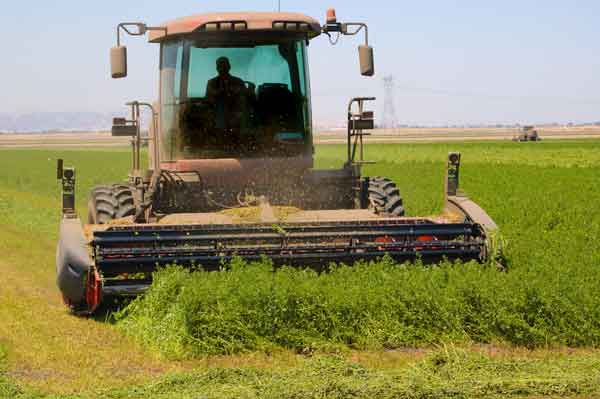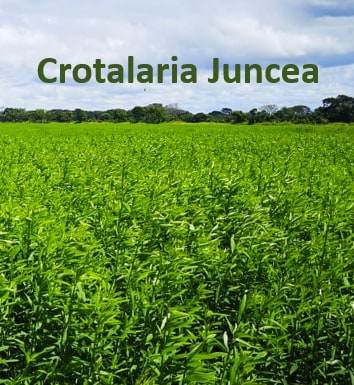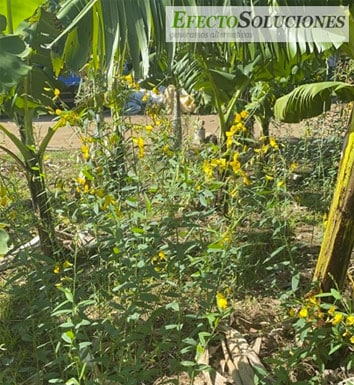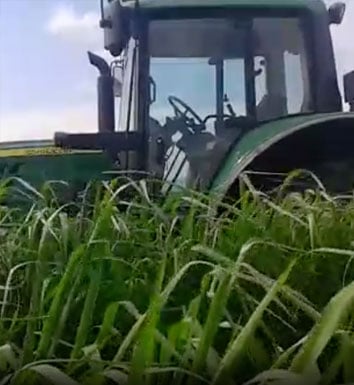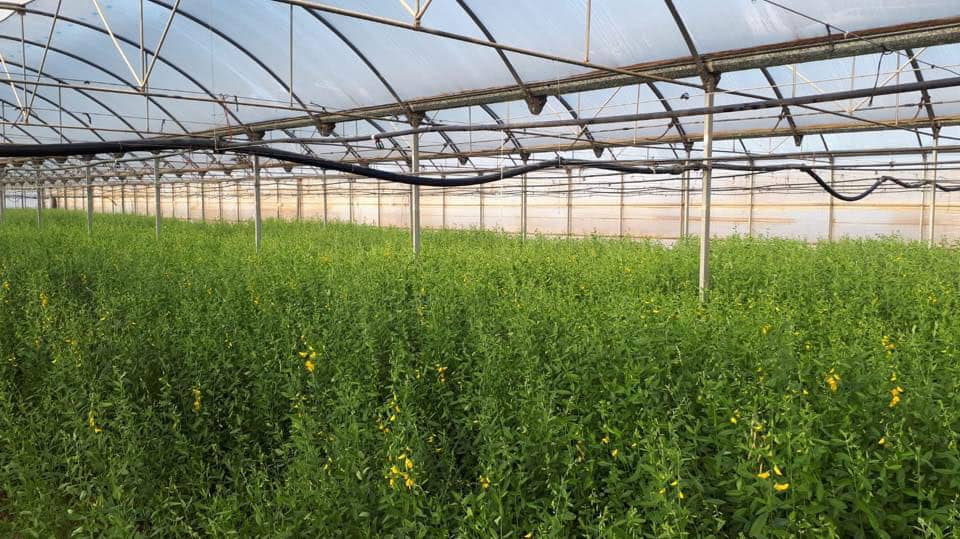Alfalfa Cultivation: The Complete Guide with Everything You Need to Know
Knowing alfalfa cultivation better
Alfalfa (medicago sativa) is a perennial crop that, belonging to the legume family, fixes nitrogen in the soil and provides an important source of food for animals. The alfalfa plant can produce fodder in the warm months, it is usually a large water-demanding crop to obtain high yields, but nevertheless has an excellent adaptation to prolonged periods of drought.
What is the origin of alfalfa?
Alfalfa can be called the most important forage crop in the world, it has been cultivated since Persian times (an empire that extended between 558 and 331 BC.C. in the current territory of Iran and, during its splendor occupied the current countries of Iraq, Afghanistan, Pakistan).
Why grow alfalfa?
Alfalfa is the most used fodder in the world, it can be considered a base of high importance in animal feed, mainly in dairy cattle where its use is widespread internationally. It is a perennial crop that is established an average time of 4 to 5 years, in which high productions are achieved.
The benefits of growing alfalfa for livestock feed
Alfalfa is a legume and like all crops belonging to this family is characterized by its high protein values, protein that is linked to its leaf, the larger the size and the more leaf we have, the higher the percentages of protein. But it is not only characterized by its protein, it is also worth noting its percentages of carbohydrates, vitamins and minerals. All the above makes the cultivation of alfalfa one of the most recommended and highly demanded mainly by livestock.
The alfalfa seed that stands out: Al-fac
The cultivation of alfalfa has changed a lot since its origin in Persian times. Being such a widespread crop internationally, much research has been done on it and this has meant that this alfalfa crop has been modified in its original genotypes and with it its botanical characteristics.
Al-Fac stands out for maintaining classic aspects of the alfalfas used by our ancestors; compact and thin stem, a high leaf density, large leaf size and greater leaf persistence due to its strength in its pedicle.
The cultivation of alfalfa is a basic task for many farmers and ranchers around the world, so from ESSEEDS, we produce and distribute Al-Fac globally. If you wish, you can contact us and we will advise you in a more personalized way.
Conclusion: Some final tips on growing alfalfa
As in all crops, the better the establishment the better the result we will obtain, for this we must choose a correct planting date depending on the geographical area where we are (it is not the same, for example, a crop in Spain, than another in Colombia or Argentina), we advise a date in which the plantation has the conditions of temperature and luminosity suitable for a correct establishment and growth.
Alfalfa is a crop that is not very demanding in fertilizers, but if what we intend is to prolong its active life for more years, we recommend an NPK fertilizer with microelements once a year in order to meet the nutritional needs of the plant, being a legume it is advisable to use Rhizobium, specifically Sinorhizobium Meliloti to obtain a greater fixation of nitrogen in the soil through the nodules that are they produce at their roots.
Once again, I invite you that if you have doubts regarding the cultivation of alfalfa, our customer service department will be happy to assist you in a personal way.
